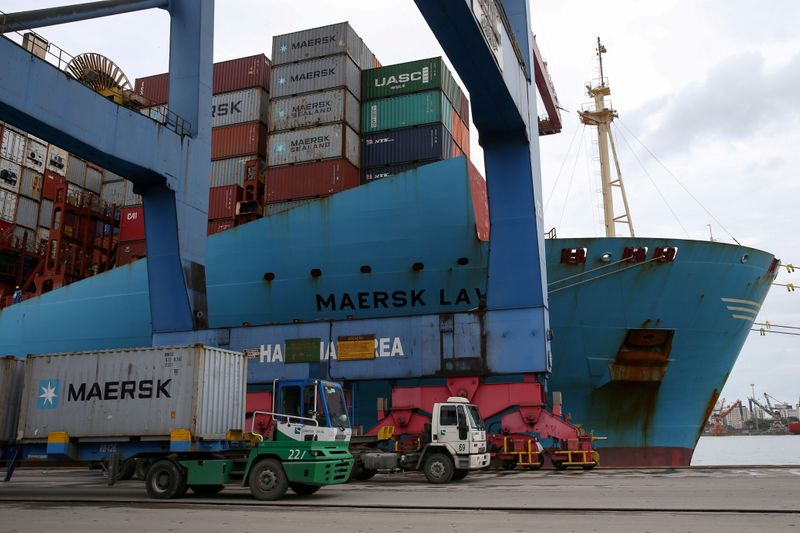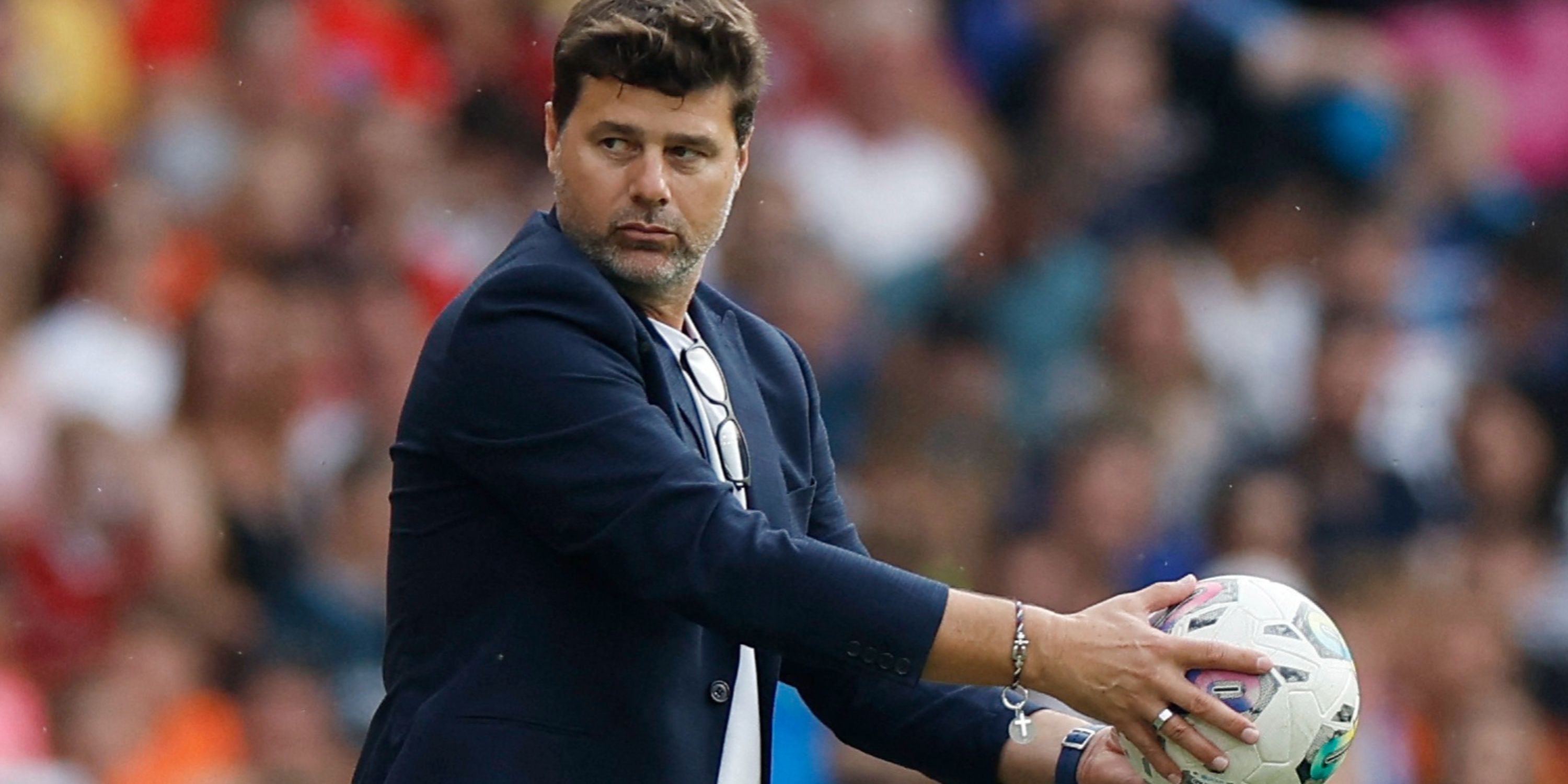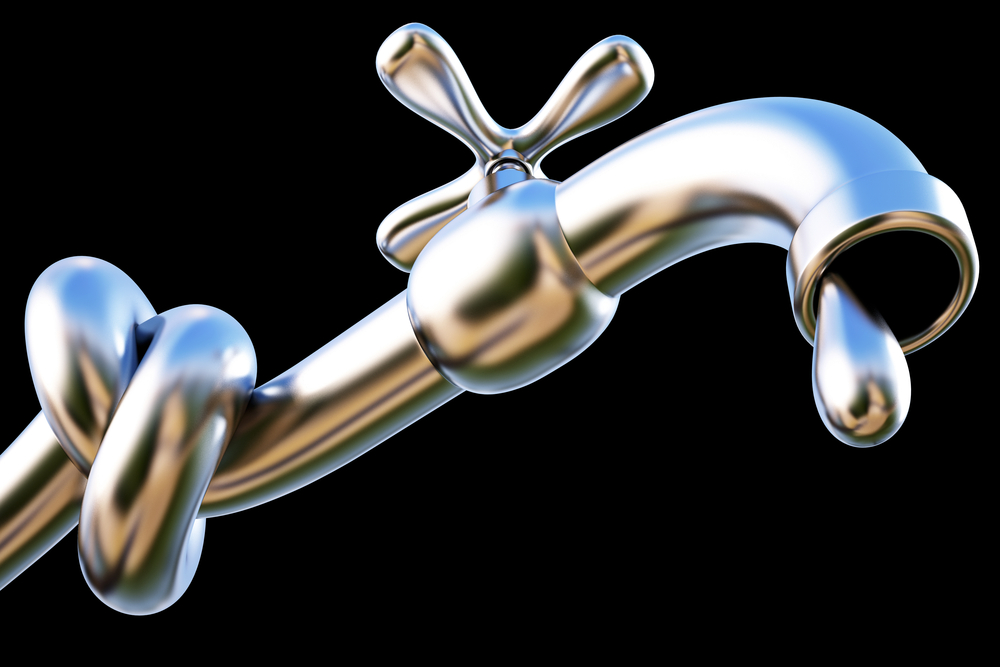The European Central Bank raised interest rates by half a percentage point on Thursday and pledged to make the same increase in March, in a sign of its concern that inflation will remain high despite the recent fall in energy prices.
The ECB resolved to press on with aggressive tightening after it raised the benchmark deposit rate to 2.5 per cent, saying in its post-meeting statement it would “stay the course”, raising rates “at a steady pace”.
It confirmed that another half-point rise would follow at its next monetary policy meeting, set for March 16.
The bank’s commitment to further significant rate rises sets it apart from its UK and US counterparts, which have signalled this week that interest rates are close to their peak.
The ECB’s move followed a half-point increase by the Bank of England and a quarter-point rise on Wednesday by the US Federal Reserve. However, the Fed has slowed the pace of tightening on signs that some price pressures in the US are dissipating, with chair Jay Powell offering hope this week that inflation could return to the central bank’s 2 per cent target without “a really significant economic decline”. The BoE also hinted that it might now have reached the peak in interest rates at 4 per cent.
The eurozone’s central bank has increased borrowing costs by 3 percentage points since it began raising rates — a smaller amount than the UK and US central banks.
After March, the ECB said it would “evaluate the subsequent path of its monetary policy”, with all future decisions still dependent on the emerging data. It committed to keep rates high until inflation showed convincing signs of returning to its 2 per cent goal.
The decision is in line with the hawkish rhetoric adopted by ECB president Christine Lagarde since December, when she made it clear that the central bank expected to continue tightening policy at pace to prevent high inflation becoming entrenched.
Since then, the eurozone economy has proved more resilient than expected, helped by warmer weather and by government support to help households and businesses cope with soaring energy bills.
While stronger growth is welcomed by policymakers, it will make it harder for them to tame underlying price pressures and return inflation to their 2 per cent goal.
Data published this week showed the headline rate of inflation fell more than expected, from 9.2 per cent in the year to December to 8.5 per cent last month. But eurozone core inflation — which excludes changes in food and energy prices, and is seen as a better indicator of longer-term price pressures — was unchanged at an all-time high of 5.2 per cent.
Alongside the decision on interest rates, the ECB set out further details of its plans to begin shrinking its balance sheet from next month by buying fewer bonds from the proceeds of the maturing securities it owns.
It aims to reduce its portfolio by €15bn per month from March until the end of June, with partial reinvestments conducted broadly in line with current practice. For corporate bond purchases, however, reinvestments would be “tilted more strongly towards issuers with a better climate performance”, the ECB said.
Though the decision was widely expected, the euro fell 0.15 per cent to $1.097 shortly after the ECB’s announcement.
In fixed-income markets, the 10-year German Bund yield, a regional benchmark, slipped to 2.16 per cent, having weakened 0.13 percentage points throughout the day. The yield on the equivalent Italian government bond traded 0.23 percentage points lower at 4.05 per cent, adding to a decline earlier on Thursday.
The region-wide Stoxx 600 index held on to earlier gains, up 0.5 per cent.








![How to Buy Bitcoin Anonymously using Fiat [2022] | by Arpit Agarwal | The Capital | Nov, 2022 How to Buy Bitcoin Anonymously using Fiat [2022] | by Arpit Agarwal | The Capital | Nov, 2022](https://miro.medium.com/max/1080/1*qB-pYrpiJU9ae5sKtVGlUQ.png)






